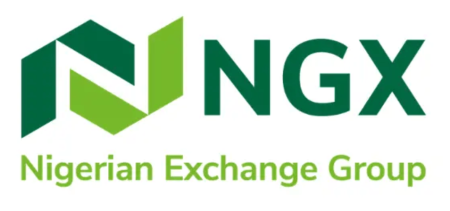
Ike Amos
Dublin, Ireland — Despite claims of neglect and under-development by communities hosting oil and gas resources and facilities, data obtained from the Central Bank of Nigeria (CBN) revealed that oil-producing states in the country received N2.769 trillion from the Federation Account between 2015 and 2020.
The oil-producing states in Nigeria are currently Delta, Akwa-Ibom, Bayelsa, Rivers, Edo, Ondo, Imo, Abia and Lagos.
According to the Central Bank of Nigeria (CBN), the amount collected by the states represented 5.64 per cent of the N49.09 trillion total federally collected revenue in the six years period, and also represented 10.47 per cent of the N26.45 trillion total earnings from oil and gas for the same period.
Giving a breakdown of the amount paid to the states under the 13 per cent derivation, the CBN noted that in 2015, N410.26 billion was disbursed to the states, while in 2016 and 2017, N294.69 billion and N417.14 billion were paid, respectively.
In addition, the CBN reported that N640.13 billion, N550.13 billion and N456.66 billion were paid to the states in 2018, 2019 and 2020, respectively.
On a general note, the CBN disclosed that total federally-collected for the period stood at N6.913 trillion, N5.616 trillion, N7.445 trillion, N9.552 trillion, N10.263 trillion and N9.303 trillion in 2015, 2016, 2017, 2018, 2019 and 2020, respectively.
On the other hand, the CBN stated that the country recorded oil revenue of N3.83 trillion, N2.694 trillion, N4.109 trillion, N5.546 trillion, N5.537 trillion and N4.733 trillion, in 2015, 2016, 2017, 2018, 2019 and 2020, respectively.
Oil earnings, according to the CBN report, accounted for 53.88 per cent of the country’s total federally collected revenue profile for the six-year period, while non-oil earnings account for the balance of 46.12 per cent.
Oil-producing communities had consistently accused the Federal Government and oil companies of neglect, exploitation and degradation of their environment, as well as showing little concern towards the development of the communities.
However, several reports had shown that the trillions allocated to the oil-producing communities over the years had either been mismanaged and squandered, having little or no impact on the lives of people in the communities.
Specifically, a report published by ACIOE Associates, revealed that its researchers found out that despite the huge fund allocated to the Niger Delta over the years, people of the region still suffer from minimal access to electricity; absence of potable drinking water; deplorable health care facilities; and poor educational infrastructure.
It stated that: “Most of the basic amenities that exist in the selected oil communities are provided by either joint venture partnerships between the Niger Delta Development Commission (NDDC) or Nigerian National Petroleum Corporation (NNPC) or the International Oil Companies (IOC), as part of their corporate social responsibility.
“This trend is more prevalent in states like Akwa Ibom, Bayelsa and Rivers States where the IOCs provide water, health, electricity supply and education facilities pursuant to Global Memorandum of Understanding (GMOU) agreements between the IOCS and the respective oil producing communities in the aforementioned States.”
In addition, Senior Special Assistant to the President on Niger Delta Affairs, Office of the Vice President, Mr. Edobor Iyamu, had also stated that: “Most times, people fail to acknowledge that there are some monies that are paid to the state governments and not many people want to know how it is being spent.
“A lot of money has been disbursed to the state governments, even though we know a lot more still needed to be done in the region.”



